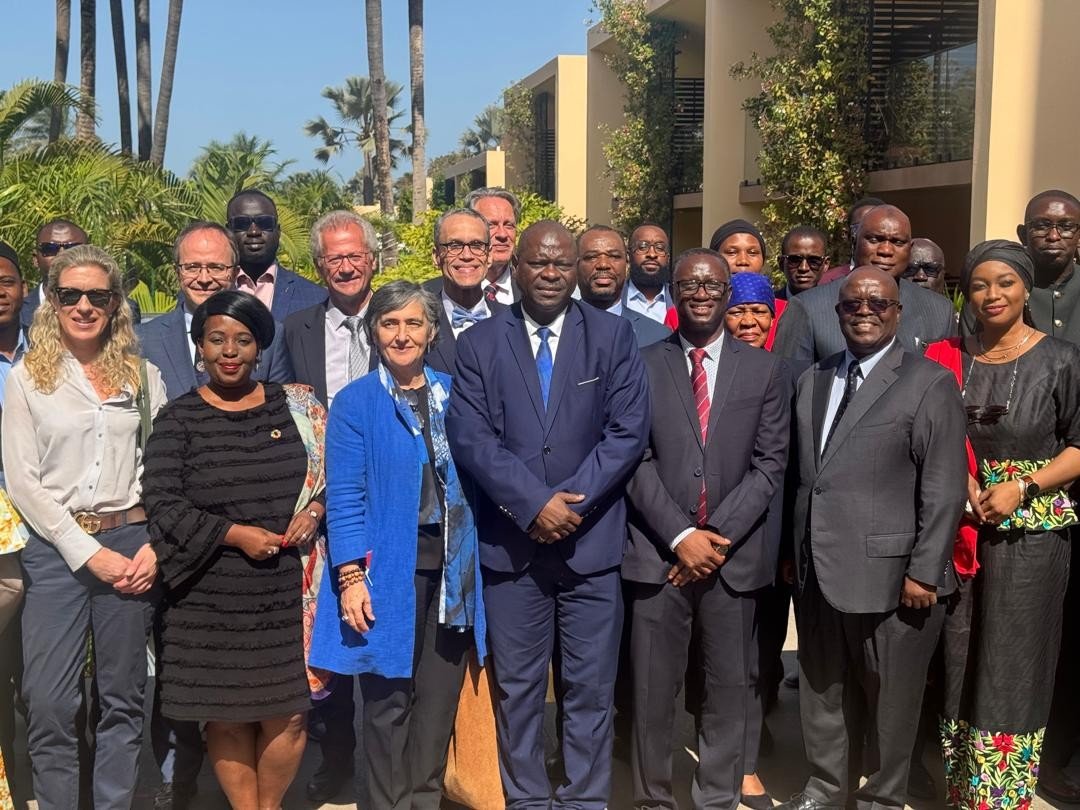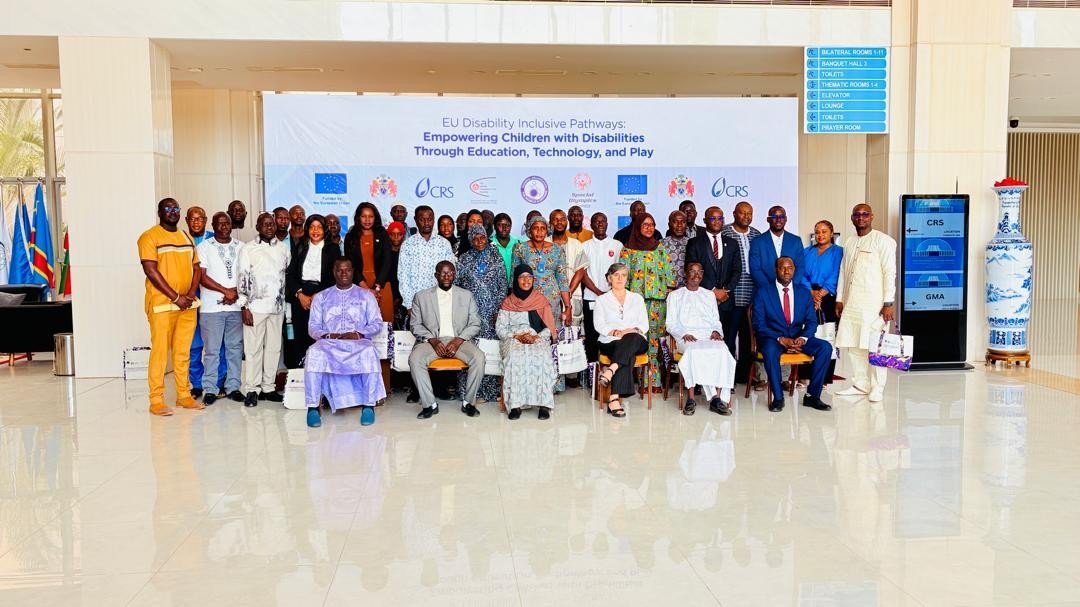The Gambia’s Minister of Finance and Economic Affairs, Seedy K.M. Keita, has issued a powerful call for urgent reforms to the global financial system during the Fourth International Conference on Financing for Development (FFD4) in Seville, Spain.
Speaking at the Third Multi-Stakeholder Round Table on Reforming the International Financial Architecture, Minister Keita highlighted how the current system fails to meet the needs of the world’s smallest and most vulnerable economies.
Keita stressed that for countries like The Gambia, the gap between their development ambitions and available financing is a critical, life-threatening issue. He outlined key challenges, including heavy debt burdens, climate change shocks, a youthful and growing population, and limited access to affordable infrastructure financing.
Describing the need for reform as a matter of survival rather than choice, the Minister called on the global community to act swiftly in reforming the financial architecture. “We need an international financial system that serves all nations equally, not one where the smallest economies are left to fend for themselves,” Keita stated.
He urged for an inclusive system where the voices of developing countries are amplified in global decision-making processes. He also called for a stronger and fairer global financial safety net, criticizing the current emergency support mechanisms as too slow, costly, and inaccessible for low-income and climate-vulnerable nations.
Keita proposed the development of a new Special Drawing Rights (SDR) framework to ensure faster issuance, simplified rechanneling, and better alignment with development priorities. He also emphasised supporting regional financial arrangements to complement global responses.
Addressing the systemic barriers restricting capital flows to small economies, Keita noted that countries like The Gambia face disproportionately high borrowing costs despite implementing fiscal reforms and improving transparency. “Despite our best efforts at reform, we are penalized with higher borrowing costs—this is neither fair nor sustainable,” he remarked. He criticised global regulations and credit ratings that penalize small economies, discouraging long-term investment in sustainable development.
In closing, Minister Keita called for an international financial system that rewards sound economic management, builds resilience and enables long-term planning. He urged the global community to move from rhetoric to action, creating a financial architecture that is inclusive, sustainable, and future-focused.
The FFD4 conference presents a vital opportunity to reshape global financing and mobilize the investments needed to achieve the Sustainable Development Goals (SDGs).






